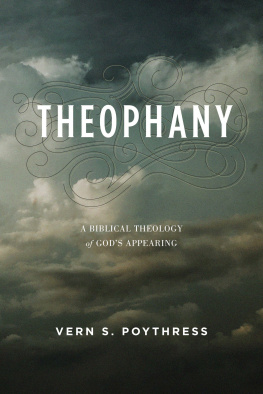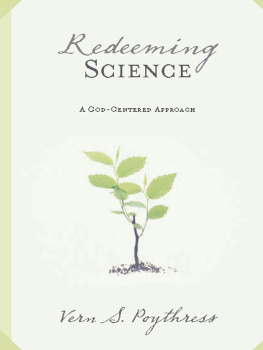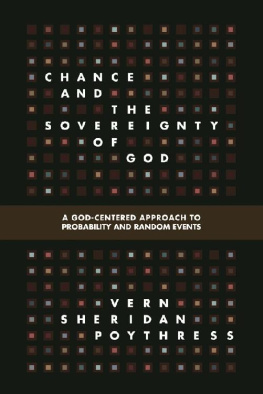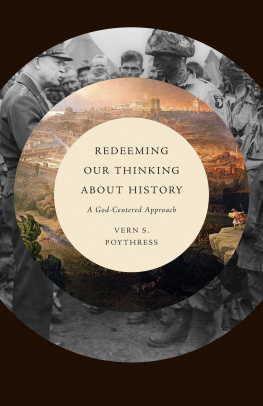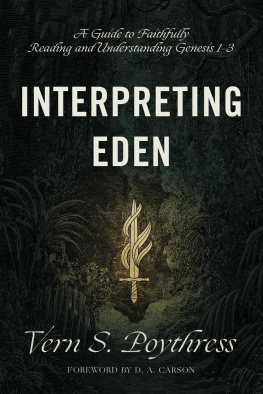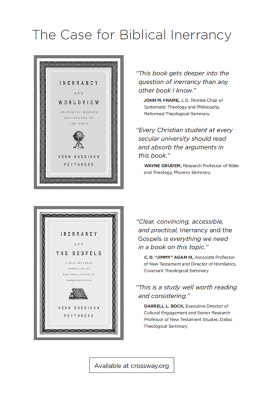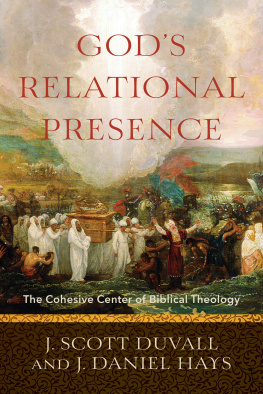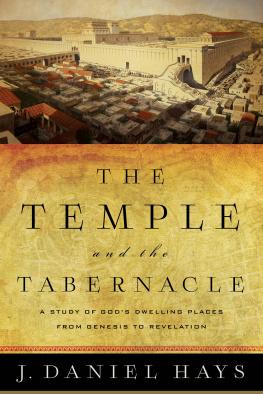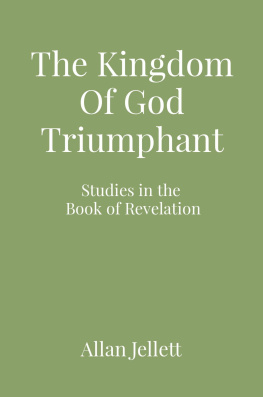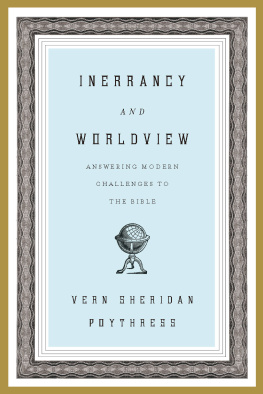Table of Contents
Landmarks
General Index
Abraham,
Acts, book of: filling with the Holy Spirit in,
Adam and Eve,
Amos, book of,
angel of the Lord,
angels,
ark of the covenant,
atheism,
Babel,
Balaam,
Beale, G. K.,
Beasley-Murray, G. R.,
beauty, reflections of,
Belshazzar, unrepentant attitude of,
Bethel,
Bible, the,
Borland, James A.,
bread, reflections of,
Cain,
Christians: beauty of,
church, the: beauty of,
clothing, reflections in: clothing with Christ,
Collins, C. John,
conquest, the: the appearance of the commander of the Lords army to Joshua,
consummation, the,
creation,
Creator-creature distinction,
cultural endeavors,
Daniel, book of: God on his throne in,
darkness: Gods separation of light from darkness,
David: census of and God bringing pestilence on Israel,
death,
deism,
d mt (Hebrew: likeness),
Doherty, Scott,
dreams,
Duguid, Iain,
Eden, as a sanctuary,
Egypt: plagues in,
Elijah: and the confrontation on Mount Horeb,
Eliot, T. S.,
Elisha,
Enoch,
Enosh,
Esau,
Esther, book of,
exile, the,
exile, the, return from,
exodus, the,
Ezekiel,
Ezekiel, book of: God appearing in,
Fairbairn, Patrick,
faith,
faithfulness,
fire, reflections of,
Fohrer, Georg,
Frame, John M.,
Fredricks, Cathi J.,
Genesis, book of, genealogies in,
Gentiles,
Gideon,
glory, reflections of,
God: as active,
gospel, the: appearing of God in,
Gospels, the,
grace: and Cain,
Habakkuk, book of: on God appearing in brightness,
Hagar,
Haggai, book of, on God filling the latter house with glory,
Hamilton, Victor P.,
heaven,
Hebrews, book of, appeals to the Old Testament in expounding the significance of Christ and his work in,
Heidelberg Catechism, The , on Christs offices,
hell,
Hendriksen, William,
history,
Holy Spirit, the,
Hosea, book of,
humans, as theomorphic,
idolatry,
image,
Isaac,
Isaiah: commissioning of,
Isaiah, book of,
Ishmael,
Israelites: responsibility of,
Jacob,
Jeremiah, book of,
Jeremiah, commissioning of,
Jeroboam,
Jesus: appearance of to Paul,
jewels, reflections of,
Job, book of,
Joel, book of: on the day of the Lord,
John the Baptist,
Johnson, Dennis E.,
Johnston, Robert K.,
Jonah, book of,
Joseph (Old Testament),
Joshua, appearance of the commander of the Lords army to,
Joshua, book of,
Judges, book of,
judgment,
k abod (Hebrew: glory),
Kidner, Derek,
Kim, Mitchell,
kings, in the Old Testament,
Kline, Meredith G.,
Kline, Meredith M.,
knowing God,
Lamech,
life, the theme of in Genesis,
light: Gods separation of light from darkness,
likeness,
Lister, Ryan J.,
Malachi, book of: on a book of remembrance written before God,
mal k (Hebrew: messenger),
Malone, Andrew,
marriage and family,
materialism,
mediation,
Melchizedek,
Micah, book of, on Gods presence as expressed in the house of the Lord,
Micaiah, vision of,
Mininger, Marcus,
miracles,
Moses,
Mount Sinai theophany,
Murray, John,
Nahum, book of, on God appearing in a storm,
Nebuchadnezzar, dream of,
new heaven and the new earth, the,
New Jerusalem,
New Testament letters: on the appearing of God in creation,
Niehaus, Jeffrey Jay,
Noah,
obedience,
offices,
Packer, J. I.,
parable of the rich man and Lazarus,
Paul: as an apostle,
Pentecost,
Peter, vision of,
phain (Greek: appear),
Pharisees,
plagues, in Egypt,
Poythress, Diane,
Poythress, Vern S.,
priests, in the Old Testament,
prophets, in the Old Testament, . See also specific prophetic books
providence,
Psalms, book of,
r p (Hebrew: hover, flutter),
reflections,
reproduction: animal reproduction,
resurrection body,
revelation: general revelation,
Revelation, book of: apocalyptic imagery in,
righteousness,
ruach (Hebrew: spirit, breath, wind),
Ruth, book of,
Sabbath, the,
salvation,
Samson,
Samuel,
Satan, in Job,
Satan, counterfeiting as a strategy of,
Saul,
Savran, George W.,
science,
seeing and not seeing in the Bible,
elem (Hebrew: image),
Seth,
sk no (Greek: dwell),
Solomon: Gods appearance to in a dream,
sull m (Hebrew: ladder),
tabernacle, the,
temple, the,
Ten Commandments,
Terrien, Samuel L.,
theophany,
theos (Greek: God),
time, pattern of,
t h (Hebrew: waste),
tree of life,
Trinity, the,
mu (Akkadian: day, storm),
unrepentance: of Balaam,
Van Til, Cornelius,
vengeance,
Waltke, Bruce K.,
water, reflections of,
Wenham, Gordon J.,
Westminster Confession of Faith,
Wisdom Literature,
y m (Hebrew: day),
Zechariah, book of: on the angel of the Lord,
Zephaniah, book of: on God appearing in darkness,
The world that God created testifies to him and reflects his glory, as a number of biblical passages declare:
The heavens declare the glory of God ,
and the sky above proclaims his handiwork.
Day to day pours out speech ,
and night to night reveals knowledge . (Ps. 19:12 )
For what can be known about God is plain to them, because God has shown it to them. For his invisible attributes, namely, his eternal power and divine nature, have been clearly perceived , ever since the creation of the world, in the things that have been made. So they are without excuse. (Rom. 1:1920 )
See also Psalm 104:3134.
As we discussed in an earlier chapter (chapter 11), Psalm 104:14 describes Gods work of creation in language reminiscent of theophany. So is creation a theophany? Psalm 104:14 suggests that creation is in some sense theophany-like. And Genesis 1:2 indicates that God through his Holy Spirit was present in a special way. But we should continue to acknowledge the fundamental distinction between God the Creator and the creation that he has made. God shows himself and reflects his character through created things. But he is never identical to those created things.
If we emphasize that creation as a whole is theophany -like, we may also fail to notice or communicate the specially intense character of appearances of God that take place at special times: the appearance at Mount Sinai, the pillar of cloud and fire in the wilderness, and the appearances to Isaiah (Isaiah 6), to Ezekiel (Ezekiel 1), and to Daniel (Dan. 7:910). On the other hand, if we say that creation is not theophany -like, we may overlook the way in which Psalm 104:14 invites us to see it as at least a reflection analogous to the intense theophanies at Mount Sinai and elsewhere.
Analogies with Theophany
So what should we say? It is wisest to acknowledge a number of biblical truths. We acknowledge the Creator - creature distinction. We acknowledge the special character of special theophanies. At the same time, we acknowledge that one of the benefits of special theophanies is to reveal who God is in ways that enable us more effectively to notice who he is all the time . The special theophanies do not actually compete with Gods works of creation. Neither are they on the same level as Gods works of creation. Rather, they give us understanding of God that opens our eyes to who God is, and therefore also opens our eyes to who he is in revealing himself in creation. Theophanies in the special sense offer us a perspective on God, and therefore also a perspective on Gods work of creation.

